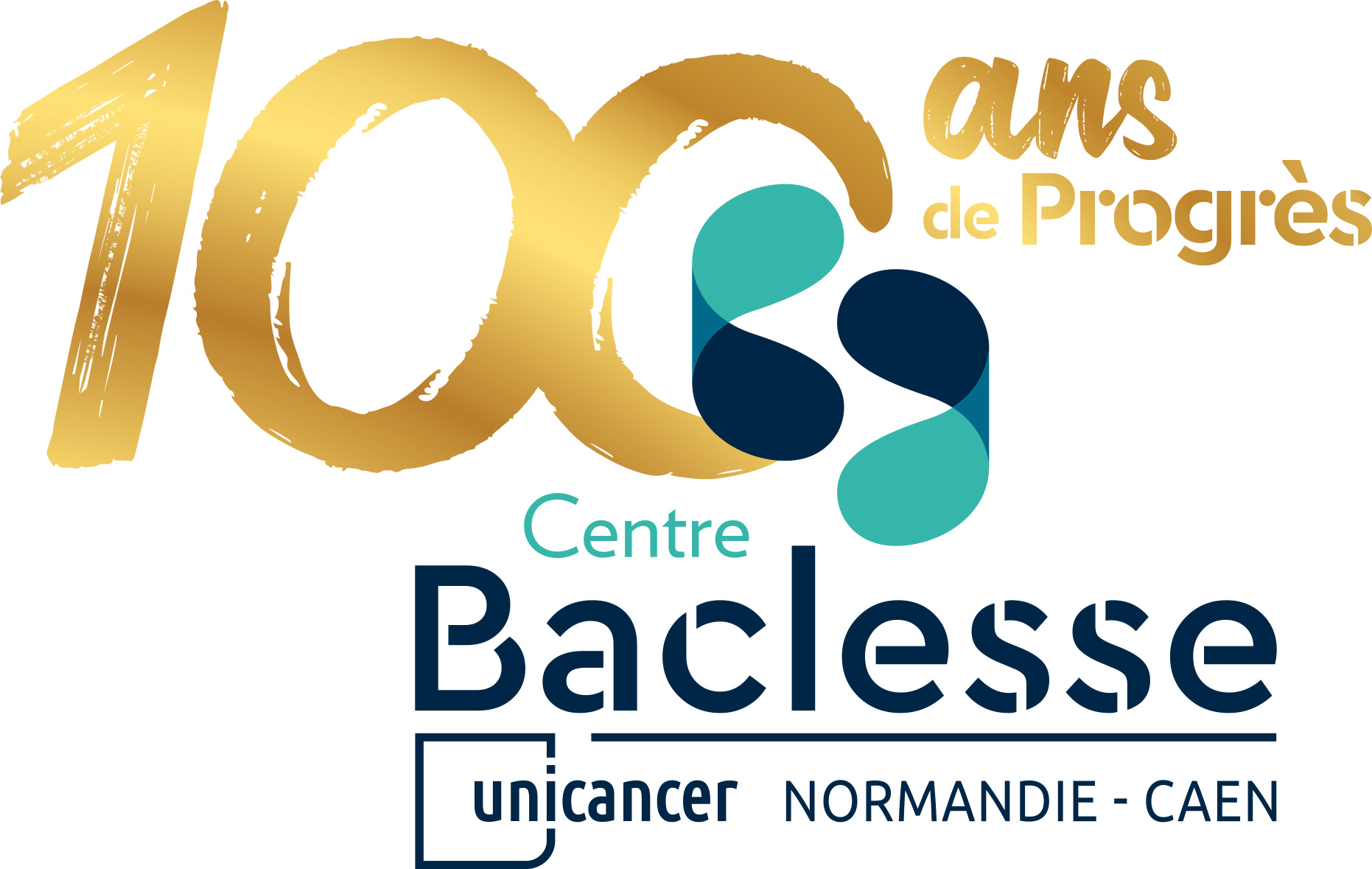Documents to bring along
- A formal identity document (identity card, passport);
- Your Carte Vitale (French social security card if you have one, or the accompanying document attesting coverage);
- Your currently valid private medical insurance card;
- Written confirmation of hospitalisation coverage from you private medical insurance company;
- X-rays or other medical examenination results in your possession – please give them to the care team or medical secretary.
- Prescriptions for all ongoing treatment.
For minors, the accompanying adult must also bring the ‘Livret de Famille’ (family record) and the ID cards of both parents (exclusively for minors).
For adults under guardianship, an authorisation to operate must be completed by the guardian.
Your personal medication
What to do when you are admitted to the Centre
You must bring with you any medication you are taking, together with the latest associated prescription(s).
The day you arrive at the Centre:
- You must give any medication you are on to the care team; they will be identified in your name and safely stored in the department.
- You must provide the care team with prescriptions for all ongoing treatment and inform them of any medication you usually take.
Your treatment during your stay at the Centre
Your physician will adapt your treatment based on your state of health. Consequently, the medication you will be given may be different (in form, colour, number, etc.) than those you usually take, but of comparable efficacy. During your hospitalisation, medication is provided by the hospital pharmacy.
Beware of self-medication!
Please do not take any other medication than that prescribed by the centre physician and administered by the nurse, including plant-based products or any medication that may be brought in by your family or friends, due to the risk of interactions likely to cause serious complications.
What becomes of your personal medication at the end of your stay at the centre?
The unit physician will prepare a discharge prescription based on your state of health.
Prescribed treatment may be different from what you were taking before coming to hospital. You must show this new prescription to your GP and/or your dispensing chemist.
The care team will return your personal medication to you. With your agreement, any medication that was stopped during your stay, and that is no longer on your new prescription, will be destroyed by the establishment.
It is important that you stick to your discharge prescription. Do not take any other medication without medical advice. If you have a doubt, ask:
- before you leave the centre: the physician who prescribed your discharge treatment,
- if you have already left the centre: your GP or your dispensing chemist.
Prevention of care-associated infection
What are care-associated infections?
They are infections that are contracted during healthcare. When they are contracted in the hospital, they are referred to as nosocomial infections. These infections can be caused by your own germs (those naturally present on your skin, in your digestive tube, in your mouth, etc.) or by germs transmitted from carers’ hands, medical equipment or the environment. Their proliferation can be encouraged by the realisation of complex care and by a fragile state of health. There are preventive measures to avoid them.
How can we prevent these infections?
Patients and their visitors play a leading role in the prevention of care-associated infections!
Hand hygiene
Sanitising gel is also there for you! Use it before and after meals, after going to the toilet, when you wipe/blow your nose, when you leave and you return to your room (if your hands are dirty, please wash them with soap and water).
Masks
When you have a cold, even if Covid rules have been alleviated, you must wear a mask in the presence of any other person in your room.
Coughing and sneezing
Cover your mouth with your hand or a disposable handkerchief, throw soiled handkerchiefs in the waste bin, wear a surgical mask outside your room if you are coughing a lot (ask the care team).
Do not touch venous or urinary catheters, or dressings
Touching these medical devices increases the risk of contamination. If you feel discomfort due to any of the above, please inform the care team and necessary measures will be taken to relieve you.
Smokers, we can help
The François Baclesse Centre is a no-smoking establishment and part of the RESPADD addiction prevention network.
Throughout your stay in hospital, we can help you not to smoke, by using nicotine patches if you are dependent. Feel free to speak to your physician or the care team.
If you wish, you can continue your efforts to stop smoking after you leave the hospital, via the smoking cessation consultations available at the centre.
You can make an appointment yourself, or ask our staff:
Personal belongings to bring along
For the entire duration of your stay, you must bring:
- your toiletry bag (soap or shower gel, shampoo, toothbrush, toothpaste, razor, shaving cream, etc.)
- towels and facecloths,
- your underwear and nightwear (pyjama, nightshirt, etc.)
